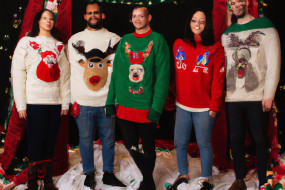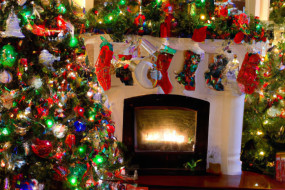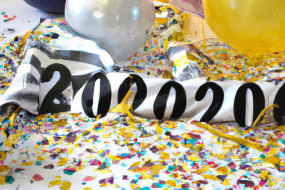
The holiday season is a time for sharing love and joy with family and friends. It is also a time to celebrate the amazing diversity of our world. From ancient rituals to modern customs, people from different cultures have unique ways of commemorating holidays. In this article, we will explore some of the fascinating holiday traditions from around the world that unite us in their message of love, peace, and hope.
Diwali (India)
Diwali, the festival of lights, is one of the most important holidays in India. It is celebrated by Hindus, Sikhs, and Jains around the world. The five-day festival usually occurs in October or November and symbolizes the victory of good over evil. People light up their homes with oil lamps, candles, and colorful lights, and exchange sweets and gifts with their loved ones. The festival also marks the beginning of the Hindu New Year.
Hanukkah (Jewish)
Hanukkah, also known as the Festival of Lights, is an eight-day celebration that usually falls in December. It commemorates the rededication of the Temple in Jerusalem after it was seized by the Syrian-Greeks in the 2nd century BC. Jewish families light the menorah, a nine-branched candelabrum, by adding one candle each day, and sing songs and play games. They also feast on traditional Jewish foods like potato latkes and doughnuts.
Christmas (Western Christian)
Christmas is one of the most widely celebrated holidays in the world and commemorates the birth of Jesus Christ. It is typically observed by Western Christians on December 25th. Families decorate their homes with Christmas trees, lights, and ornaments, and exchange gifts. They also attend mass or church services and sing traditional Christmas carols. Many cultures have their own unique traditions, such as the feast of the seven fishes in Italy or the Yule log in Scandinavia.
Kwanzaa (African-American)
Kwanzaa is an African-American holiday that is celebrated from December 26th to January 1st. It was created in 1966 by Dr. Maulana Karenga to honor African heritage and promote unity and self-determination. Each day of Kwanzaa focuses on a different principle, such as unity, creativity, or faith, and is represented by lighting one of seven candles on the Kinara, a special candle holder. Families also exchange gifts and share traditional African foods.
New Year's Eve (Global)
New Year's Eve is a worldwide celebration that marks the end of the current year and the beginning of the new year. People gather with family and friends to countdown to midnight and watch fireworks displays. In many cultures, it is also a time to reflect on the past year and make resolutions for the future. Some countries have their own unique traditions, such as eating 12 grapes at midnight in Spain or celebrating with a bowl of soba noodles in Japan.
















